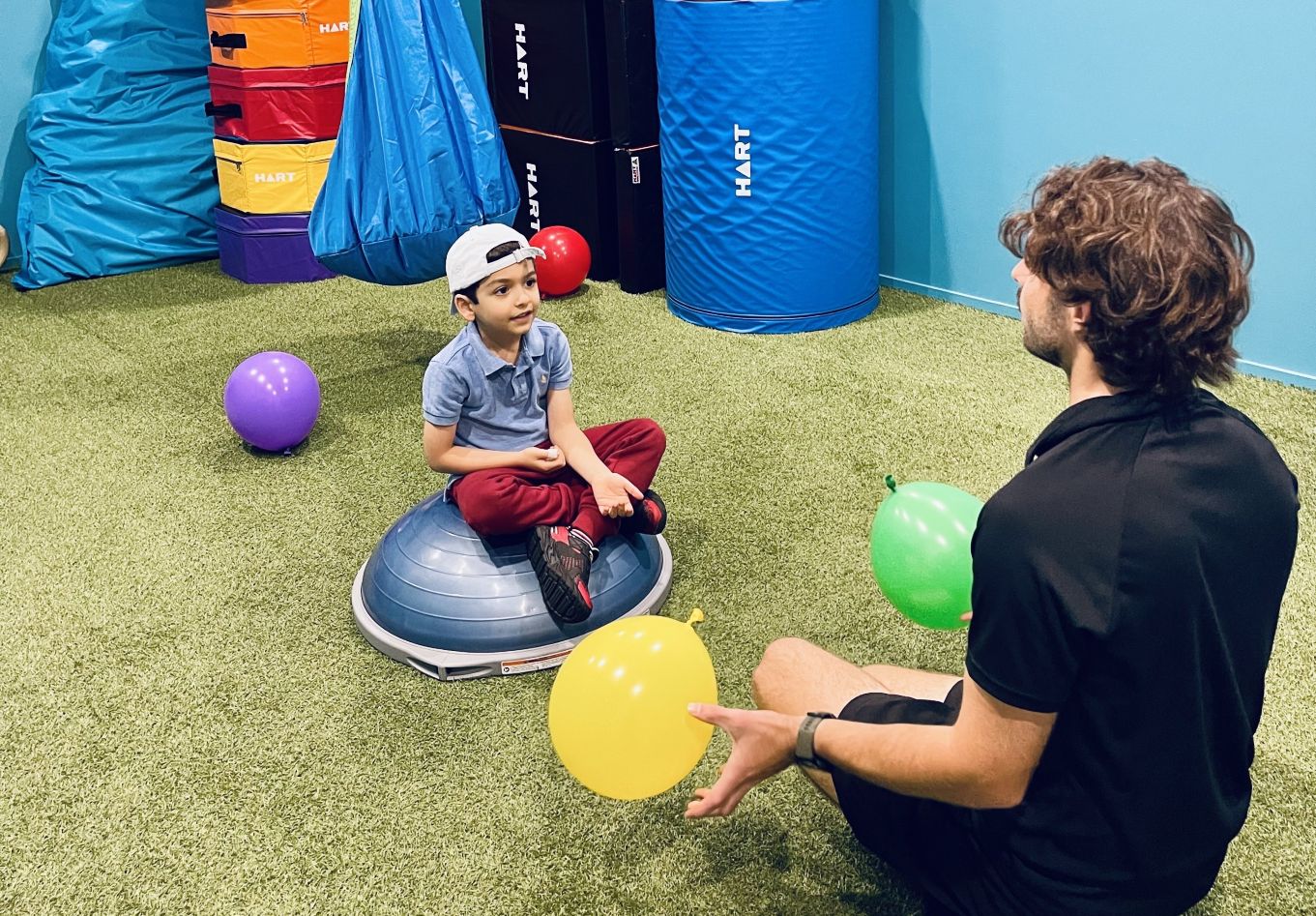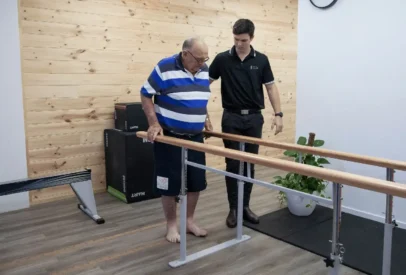The Role of Occupational Therapy in Paediatrics within the NDIS Sector

The National Disability Insurance Scheme (NDIS) has transformed how individuals with disabilities access services in Australia, especially in paediatrics. Occupational Therapy plays a crucial role in supporting children with disabilities, helping them achieve independence and engage in daily activities including school, play, and self-care. Occupational Therapists work closely with families to design individualised support plans that empower children to thrive in their environments.
What is Occupational Therapy?
Occupational therapy helps individuals, including children, engage in meaningful activities despite disabilities. For children, these activities include play, schoolwork, and self-care. In the NDIS framework, OTs develop personalised intervention plans to support a child’s development and help them participate in key activities.
Key Areas of Occupational Therapy Support
- Sensory Processing and Regulation:
Many children, especially children with Autism Spectrum Disorder (ASD), struggle with sensory processing challenges. Occupational Therapists assess these difficulties and create strategies, such as using sensory tools or activities, to help children regulate their sensory responses and improve focus and emotional well-being. - Motor Skills Development:
Occupational Therapists support children with fine motor skills development. Whether it’s improving hand-eye coordination for tasks like writing or tying shoelaces. - Self-care and Daily Living Skills:
Occupational Therapists help children develop essential self-care skills, like dressing, feeding, and grooming, which are crucial for independence. They offer strategies and adaptive tools, such as easy-grip utensils, to make these tasks manageable. - Play and Social Skills Development:
Play is essential for child development. Occupational Therapists create social skill-building activities to help children engage with peers, learn to communicate, and interact in group settings, fostering both confidence and social competence. - School Participation:
Occupational Therapists help children succeed at school by adapting tasks, using assistive technologies, and implementing strategies that improve focus, organisation, and peer interaction. This ensures children can participate in school activities effectively. - Environmental Modifications:
Occupational Therapists assess home and school spaces, recommending modifications like grab bars or adaptive technology to support the child’s mobility and independence.
Occupational Therapy is essential in helping children with disabilities thrive within the NDIS sector. By focusing on sensory regulation, motor skills, social interactions, and daily activities, Occupational Therapists empower children to live more independent and fulfilling lives. For families navigating the NDIS, working with an Occupational Therapist can be a key step toward achieving meaningful outcomes for their child.
Find an Occupational Therapist today
If you are looking for an Occupational Therapist, our team of experienced OT’s are available across our 9 clinics in South East Queensland – why not book an initial appointment today?
Author: Kaitlyn Barr, Occupational Therapist, Hiya Health Burleigh Heads
Subscribe to e-news
Receive the latest health tips and news straight to your inbox






















